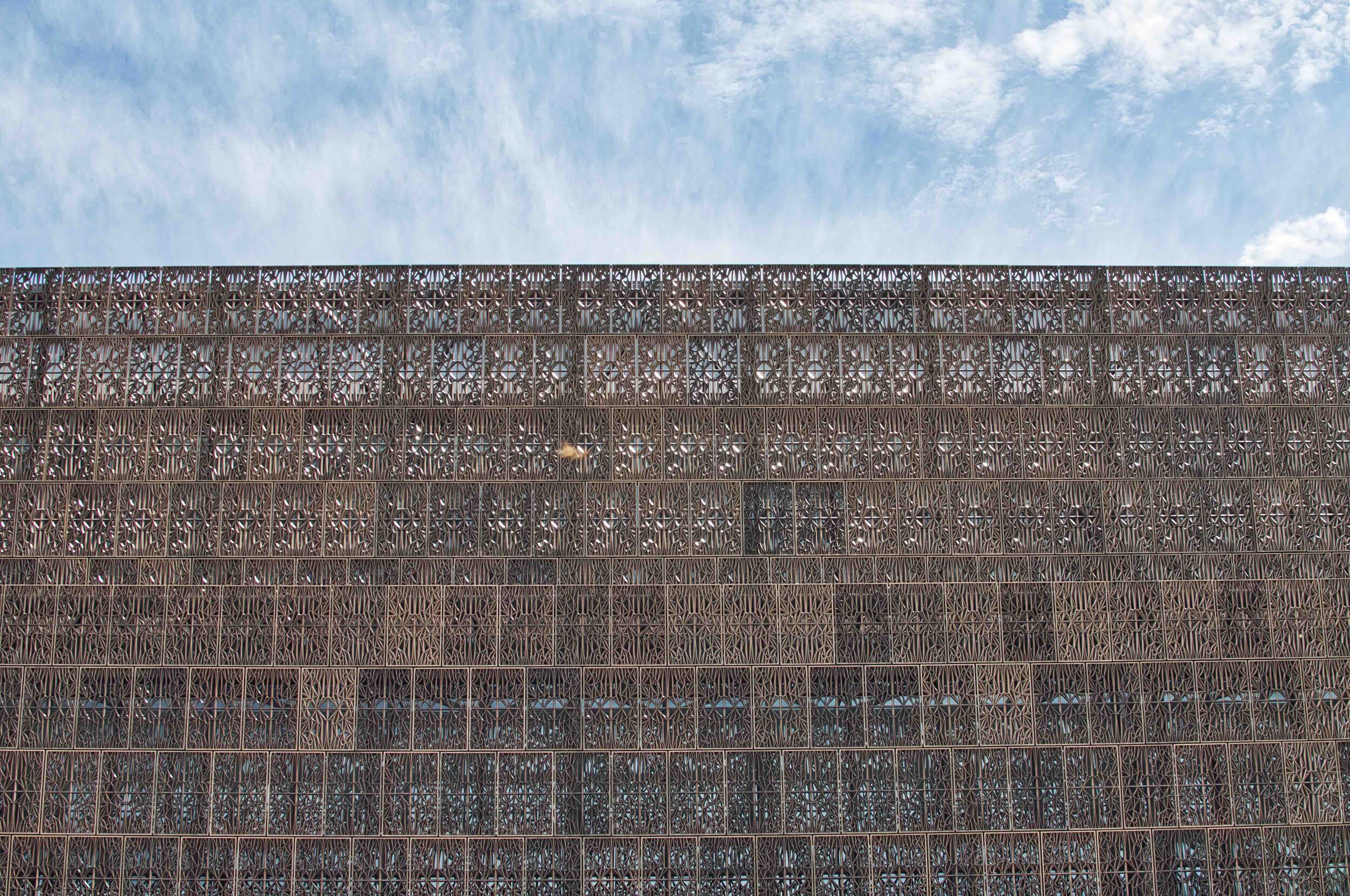Tarot Is Part of My Mental Health Toolkit
How I use tarot for psychological insight.
I still vividly remember the first time I ever saw a tarot deck. It was in a little shop my family stopped at during one of our summer road trips through the western United States. A bookstore, maybe – we were always stopping at bookstores to get me more reading material. This time, though, I left with only that tarot deck. I recall the moment I first understood what it was as one of recognition. This is for me, I thought. Tarot has been a part of my life ever since, and has become an important tool in my mental health kit.
I’ve never really believed tarot can be used for divinatory purposes. I’m agnostic about whether it is possible to “tell” the future, but I don’t use tarot that way. I’ve always used it as a form of psychological sequential art. Sequential art is a series of images that tell a story. In the case of tarot, the story is about the person being read for (the querent). People are often astonished by how uncanny and accurate tarot can be about their situation. The reason isn’t that tarot somehow “knows” you, or that the reader is psychic (though many tarot readers do possess powerful intuitive abilities) – it’s because tarot imagery is so rich with symbolism and metaphor that it triggers deep unconscious knowledge and understanding. Tarot can help us make sense of what we are experiencing, which in turn can help us move forward in positive ways.
I believe that people have both the right and responsibility to be sovereign over their own decisions and life. For this reason, I rarely give advice and I never “give” readings to others. Rather, I do readings with querents. I can interpret the cards for them, but ultimately only they can apply the reading to their lives in a useful way. Often cards have multiple meanings, especially when combined with other cards. By talking through a reading with a querent, I can suggest how the cards apply to their situation and use their responses to glean additional meanings from the cards. A querent usually comes away with a greater understanding of their emotions and actions, and often with feelings of peace and hope.
My reading method comes from several decades of studying tarot and reading for myself. When I am feeling confused or fearful, I’ll draw a few cards and tell myself – out loud! – the story that they are narrating. Even though I remain agnostic about the nature of the tarot’s power, I’ve almost never had a reading that hasn’t made me catch my breath at the clarity it provides. For me, tarot isn’t an impersonal fortune teller doling out impartial judgments about my choices and my fate. It is a gentle, supportive tool that reminds me I have power a value in this world, even if it feels there are many things I cannot control. Reading tarot helps me feel less alone, and that the universe is supporting me on my path.
I’d recommend studying tarot as a psychological tool to anyone who is attracted to its imagery and personal storytelling power. There is no need to believe in anything mystical to benefit from it. While modern tarot did originate as an occult tool, there are many decks that have done away with esoteric symbolism - I have about twenty decks and am familiar with many more, so can recommend ones that might suit your esthetic. Please don’t hesitate to contact me with any questions if you think you may want to get started with tarot!





